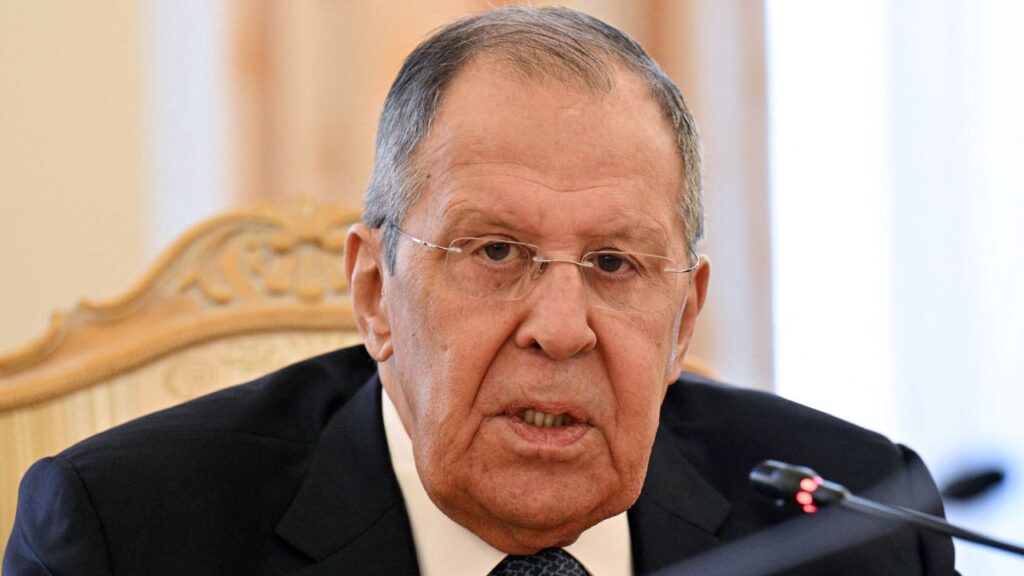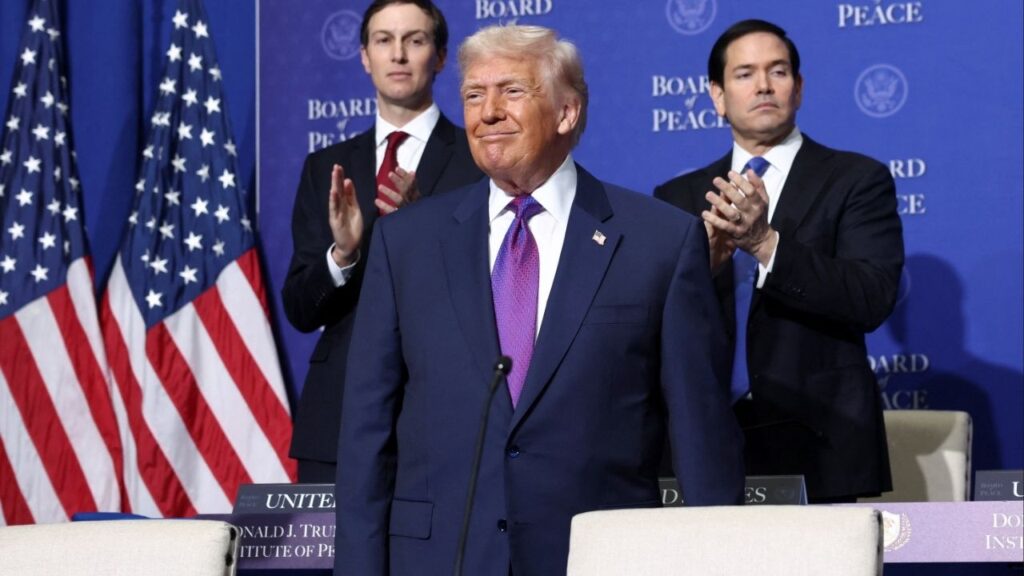Share
BRUSSELS — Leaders of Britain and the European Union were holding a high-stakes phone call Monday for the second time in 48 hours, as the two sides sent out gloomy signals about the chances of breaking an impasse and securing a post-Brexit trade deal before the current relationship winds down at the end of the month.
U.K. Prime Minister Boris Johnson and EU Commission chief Ursula von der Leyen are due to speak by phone at 1600 GMT (11 a.m. EST), to decide whether to pull the plug on talks — a decision that could cost hundreds of thousands of jobs on both sides and disrupt cross-Channel trade for years to come.
EU chief negotiator Michel Barnier had no news of a breakthrough when be briefed ambassadors of the 27 member states early Monday on the chances of a deal with London before the Dec. 31 deadline.
Irish Foreign Minister Simon Coveney said Barnier’s message was “very downbeat.”
“I would say he is very gloomy, and obviously very cautious about the ability to make progress today,” Coveney told Irish broadcaster RTE.
One official from an EU nation said “the difficulties persist” over the legal oversight of any trade deal and standards of fair play that the U.K. needs to meet to be able to export in the EU. On fisheries too, a lot of work remains, said the official, who spoke on condition of anonymity because the talks were ongoing.
Penny Mordaunt, a junior minister for Brexit planning, told lawmakers in the House of Commons that the “level playing field” — competition rules that Britain must agree to to gain access to the EU market — was the most difficult unresolved issue.
“We are at a critical moment,” she said.
While the U.K. Left the EU Politically on Jan. 31, It Remains Within the Bloc’s Tariff-Free Single Market
Britain’s pound currency fell more than 1% against the dollar to under $1.33 amid the uncertainty.
Johnson’s spokesman, Jamie Davies, declined to offer odds on a deal being struck.
“I’m not going to put a percentage on it,” he said. “We are prepared to negotiate for as long as we have time available if we think an agreement is still possible.”
While the U.K. left the EU politically on Jan. 31, it remains within the bloc’s tariff-free single market and customs union through Dec. 31. Reaching a trade deal by then would ensure there are no tariffs and trade quotas on goods exported or imported by the two sides, although there would still be new costs and red tape.
At his early morning meeting with EU ambassadors, Barnier faced some anxious member states that feared too much might have been yielded already to London. If talks continue after Monday, they will be closing in on an two-day EU summit starting Thursday, where German Chancellor Angela Merkel and French President Emmanuel Macron will be major players.
Germany wants a deal partly because its massive car industry has always found a welcome export market in Britain. France — seen by Britain as the “bad cop” in trade negotiations — has taken the lead in demanding that U.K. companies must closely align themselves with EU rules and environmental and social standards if they still want to export to the lucrative market of 450 million people.
The politically charged issue of fisheries also continues to play an outsized role. The EU has demanded widespread access to U.K. fishing grounds that historically have been open to foreign trawlers. Britain insists it must control its own waters, doling out quotas annually.
On Wednesday the U.k. Plans to Introduce a Taxation Bill
While both Britain and the EU say they want a trade deal, trust and goodwill are strained after months of testy negotiations.
In a further complication, Johnson’s government plans Monday to revive legislation that breaches the legally binding Brexit withdrawal agreement it struck with the EU last year.
The U.K. government acknowledges that the Internal Market Bill breaks international law, and the legislation has been condemned by the EU, U.S. President-elect Joe Biden and scores of British lawmakers, including many from Johnson’s own Conservative Party.
The House of Lords, Parliament’s upper chamber, removed the law-breaking clauses from the legislation last month, but Johnson’s government will try to reinsert them on Monday.
Britain says the bill, which gives the government power to override parts of the withdrawal agreement relating to trade with Northern Ireland, is needed as an “insurance policy” to protect the flow of goods within the U.K. in the event of a no-deal Brexit. The EU sees it as an act of bad faith that could imperil Northern Ireland’s peace settlement.
On Wednesday the U.K. plans to introduce a Taxation Bill that contains more measures along the same lines and would further irritate the EU.
But the British government offered the bloc an olive branch on the issue, saying it would remove the lawbreaking clauses if a joint U.K.-EU committee on Northern Ireland found solutions in the coming days. It said talks in the committee, which continued Monday, had been constructive.
EU member states have to unanimously support any post-Brexit trade deal and the agreement still needs to be voted on by the European parliament, procedures that would push any deal right up to the end-of-year deadline.
Both sides would suffer economically from a failure to secure a trade deal, but most economists think the British economy would take a greater hit, at least in the short term, because the U.K. does almost half its trade with the bloc.
RELATED TOPICS:
Categories



















